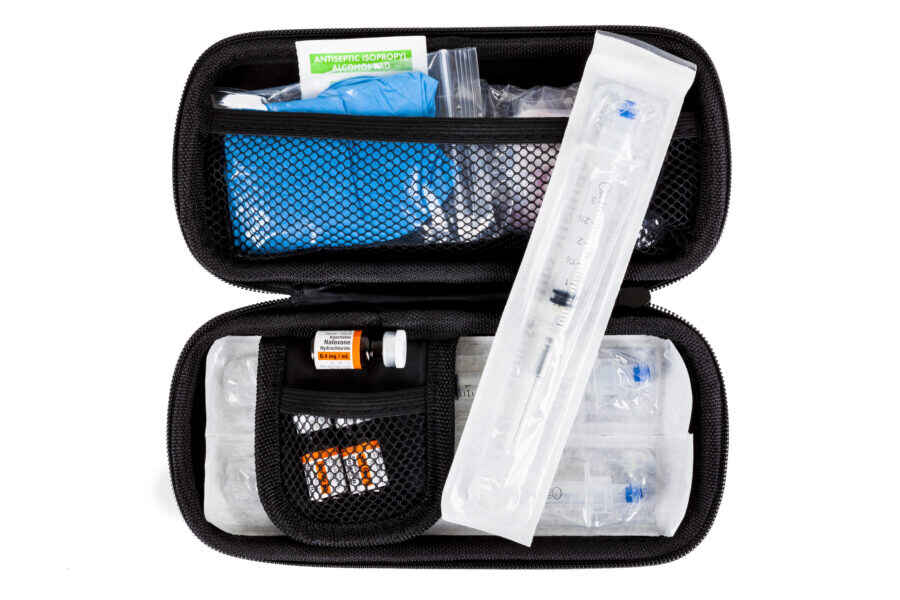
Office of Civil Rights Provides Updated Guidance on HIPAA and the Use of Tracking Technologies
Law & Policy InsightsHealth Information and Data SharingPublic Health Information Management, Privacy and SecurityHealth Data Sharing and PrivacyOn March 18, 2024, the Office of Civil Rights (OCR) of the U.S. Department of Health and Human Services (HHS) released a bulletin updating guidance on the use of online tracking technologies by HIPAA covered entities and their business associates. The bulletin, which updates OCR’s December 2022 guidance on the same topic, follows renewed warnings from OCR on the dangers of online tracking technologies and comes amidst increased attention to the privacy risks that these technologies pose











